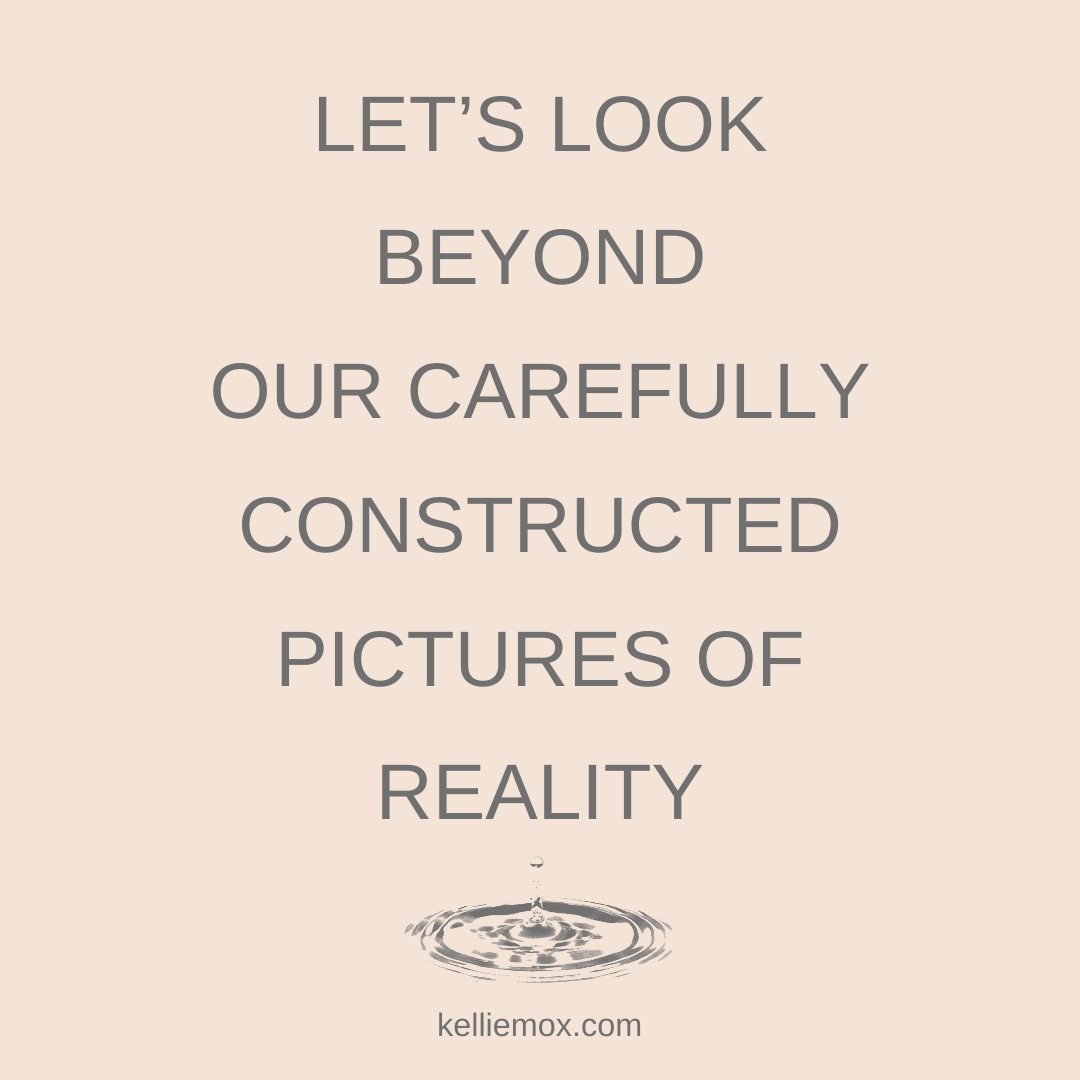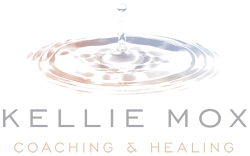I’m an empath who’s still learning to find my edge. Empathy and sensitivity are superpowers when wielded well, but this superpower can feel like a heavy weight when I’m unclear about where I end and others begin. Boundaries are essential.
I’ve been feeling this weight a lot lately, which is a signal for me to return to myself. One way I do this is through journaling and writing. Putting words on paper creates space for my truth and my edge to emerge. One of my readers gave me some touching feedback this week—she told me to keep writing; that the world needs to hear what I have to say. I hope that when my writing makes it to you, it creates a safe space for your truth and edge to emerge as well. I always strive to catalyze empowered thinking so you can connect with your truth.
Disconnection
So, here I am again for me and for you. I know many of you are experiencing heaviness right now—not just the empaths. This global healing crisis has been heavy collectively and individually. I’ve been hopeful that our experience could bring us together to create some lasting change in the health of our systems, our planet, and our human collective.
In some ways, we have come together. People are spreading good news that’s contagious and uplifting. Non-profits and lay citizens are raising money to support those in need. And people are offering much time and energy in free offerings.
But when I browse social media feeds or tune in to mainstream media outlets I also hear division, anger, and a lack of compassion and empathy. I hear voices in disagreement about how we got here and how we move forward. I hear anger, often driven by fear, directed at others for what they think and believe. It sounds like a disconnection from our humanity and from the wide range of human experiences. This is when I notice the heavy for me—when I witness this divisiveness and lack of empathy.
Thinking and Questioning
I wrote about free thinking in a recent blog post, and this feels like a sequel of sorts. In the first post, I discussed how biased assimilation and cognitive dissonance impact our thinking. It’s worth a mention here, too, because so much of the volatility in our discourse seems to stem from these concepts.
We seek and crave information that confirms our current worldview, beliefs, and ideals. When we’re presented with information or research that contradicts our carefully constructed picture of reality, we find ways to discount or interpret it to support our desired conclusion. This is called biased assimilation, and we all do it. Blame it on cognitive dissonance, which causes us to feel psychological distress when we try to hold two (or more) seemingly contradictory beliefs, ideas, or values at once. Humans attempt to “fix” this inconsistency and minimize the discomfort.

Biased assimilation and cognitive dissonance exist no matter what space you occupy in the discourse. You’re not immune even if you’re exceptionally self-aware or empathic. These human tendencies seem to be contributing to the villainization of “other” perspectives that are outside of one’s current worldview, because each group believes its truth to be fact and reality. I believe it’s important for each of us to look beyond our carefully constructed pictures of reality—which we may’ve adopted from outside sources like parents, authority figures, or systems we were born into—and acknowledge that there is more than one way, one truth, one reality. When we do this, we expand our individual and collective possibilities and we connect to our humanity through compassion and empathy.
This crisis is igniting questions for people. Some are questioning the mainstream narratives in our medical and media culture. Some are questioning the non-dominant narratives that are emerging. My intention here is not to support one side or another. Rather, it’s my hope that we all acknowledge our own biases and the dissonance that we experience when we encounter stories, experiences, perspectives, and worldviews that don’t match our own. If you’re questioning the other side, consider questioning your side as well, especially if you’re being told not to question. And consider possible narratives outside of those that only work for a portion of our population. We must ask ourselves: How do I benefit from discounting this particular culture, belief, perspective, system? Who benefits from the idea that they have it all wrong and we (name your self-identified group), have it right?
Compassion and Empathy
I have a perspective on health and wellness that you may or may not resonate with. My philosophies stem from my own personal experience with chronic illness as well as the study of coaching and non-western wellness philosophies, many of which have been in existence and working to promote health and treat chronic illness for centuries. I felt pulled to look beyond the narrative I inherited to expand my healing possibilities. And I continue to do this so I don’t get stuck in any one way of thinking, so I can to honor my truth as it changes, and so I can catalyze revolutionary healing for women. Whatever my truth is, I’m aware that there are an infinite number of other possible truths that I may or may not resonate with. While revolutionary healing can and must begin within ourselves, it also means revolutionizing the systems that don’t work for others, no matter their truth. It requires new thinking and questioning so we can connect to our truths, and it requires compassion and empathy so that we can respect the wide range of truths that exist.
**Please note: I acknowledge that there are exceptions to this idea that I’m sharing. Compassion and empathy won’t eradicate white supremacy. I don’t “should” myself or anyone often, but we should all be questioning how and why the pandemic is disproportionately impacting BIPOC (black, indigenous, people of color). We should all be thinking critically about white privilege. Do your own research. You can also follow Rachel Cargle, Resmaa Menakem, or Brittany Packnett Cunningham. And consider supporting their work.
The thing that gets me thinking and questioning most deeply is a leader who warns me not to think or question.
– Glennon Doyle


